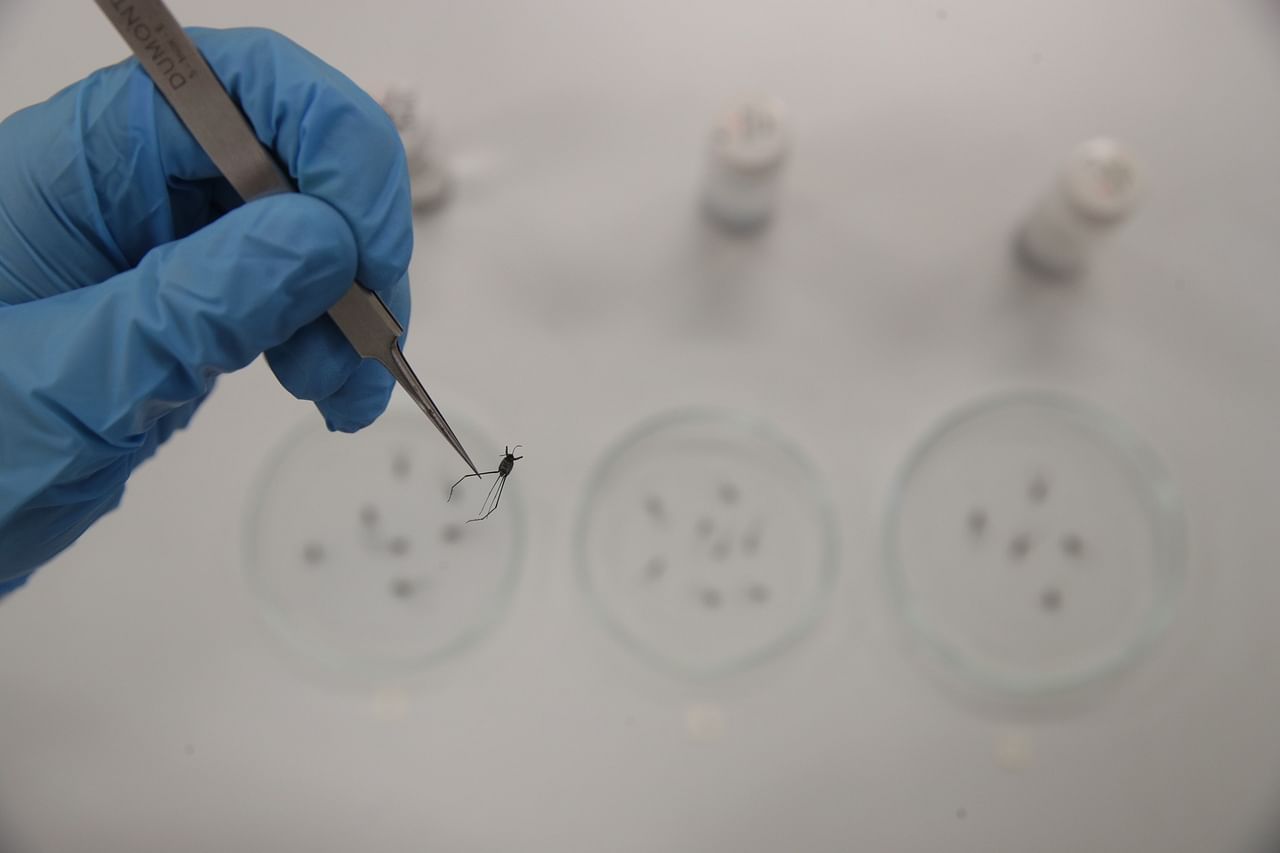Have you noticed that the number of insects that land on your car window has decreased in recent decades?
If yes, you are not alone. Two conservation groups in Britain set out to test the often-observed ‘windscreen phenomenon’, and the result was shocking: the number of flying insects landing on British cars fell by almost 60 per cent in just 17 years.
“This important study suggests that the number of flying insects is declining by an average of 34% per decade, which is staggering,” Buglife CEO Matt Shardlow said in a press release. “We can no longer delay action, for the health and well-being of future generations this requires a political and societal response, it is imperative that we stop biodiversity loss – now!”
Buglife produced the 2021 Bugs Matter Report in partnership with the Kent Wildlife Trust. The two groups set out to actually test the so-called “windshield phenomenon” by asking citizen scientists to record how many bugs and other invertebrates landed on their license plates after a drive.
Sky News explained the process:
Before making an important trip in their vehicle, drivers cleaned their license plates and then counted the crushed bugs using a “splatometer grid” provided as part of the survey.
They then submitted a photo and counted details via the Bugs Matter app, and the data was converted to splashes per mile to make it comparable between trips.
The research team examined the splats per mile of 599 trips in Kent in 2019 and 3,348 trips across the UK in 2021, the report said. They then compared the numbers to data from a similar 2004 study by the Royal Society for the Protection of Birds. They found that the abundance of insects on license plates had fallen by 58.5 percent between 2021 and 2004. The decline was seen across the UK but was sharpest in England at 65 per cent, followed by Wales at 55 per cent and Scotland at 27.9 per cent.
The researchers acknowledged their findings were based on just two years, which could have been either unusually good or bad, The Guardian reported. However, the findings align with a growing body of scientific studies showing an alarming decline in insect populations worldwide. Many insect populations are declining by 1 to 2 percent each year, or by 10 to 20 percent every decade.
This is a concern because insects are essential for pollinating food, recycling waste and contributing to the food web, according to AP News.
Insects “are absolutely the stuff of which Mother Nature and the tree of life are made,” University of Connecticut entomologist David Wagner told AP News.
This applies both worldwide and in the UK.
“The results of the Bugs Matter study should shock and worry us all. We are seeing a decline in insects, reflecting the tremendous threat and loss to wildlife across the country,” said Paul Hadaway, director of conservation at the Kent Wildlife Trust, in the press release. “These declines are happening at an alarming rate and without concerted action to address them, we face a bleak future. Insects and pollinators are fundamental to the health of our environment and rural economy. We must now take action for all of our wildlife by creating more and larger habitats, creating corridors for wildlife through the landscape and allowing space for nature to recover.”
Buglife also said individuals could do their part by not using pesticides, planting wildflowers and not mowing their lawns, The Guardian reported.









